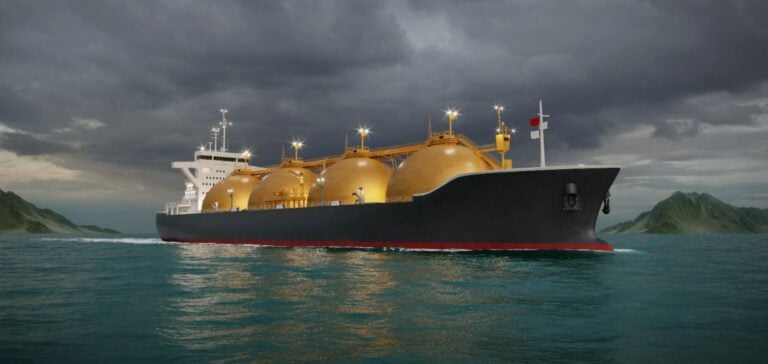The European Union (EU) enters the winter season with comfortable gas reserves, marking a success in its energy strategy. Storage levels currently exceed 95% of capacity, according to EU Energy Commissioner Kadri Simson. This performance surpasses the set goal of 90% storage by November 1, providing a safety margin for the upcoming cold months.
In a statement on October 31, Simson highlighted the efforts made to diversify energy sources and reduce dependency on Russian fossil fuel imports. This strategy, accelerated by the war in Ukraine, has allowed Europe to prepare more effectively for potential supply shocks. She added that the Union is now in a better position to ensure stable prices and regular supplies.
An Early Target Achievement
The EU reached its 90% storage target as early as August 19, eleven weeks ahead of the deadline. Data from the association Gas Infrastructure Europe (GIE) show that storage levels continued to rise, despite temporary disruptions due to Norwegian maintenance work. This maintenance reduced gas deliveries to Europe in September, but reserves managed to stabilize around 95% in mid-October.
As of October 29, EU gas reserves represented around one-third of Europe’s annual consumption, or nearly 100 billion cubic meters (Bcm). This storage capacity provides support for European markets in the event of supply fluctuations.
Rising Prices Despite a Favorable Situation
Despite high stock levels, gas prices reached peaks in 2024, fueled by concerns over winter supplies. The Dutch TTF futures price, a European benchmark, reached €43.47 per megawatt-hour (MWh) on October 25, before slightly retreating to €41.03 on October 30. This situation underscores the persistent market volatility, exacerbated by external factors and increased winter demand.
To address this volatility, the EU continues to promote renewable energy and energy efficiency. This approach aims to reduce pressure on gas reserves and ensure a sustainable long-term energy transition.
Exceptions Within the Union
Almost all EU member states achieved the 90% target, with the notable exception of Denmark and Latvia. Denmark recently informed the European Commission that it would be technically impossible to reach this threshold by November 1, though a secondary goal for December remains possible. Delays in restarting the Tyra gas field and maintenance work on the Baltic Pipe limited Danish gas injections. As of October 29, Danish storage sites were filled to only 74.5% of capacity.
This specific situation is also observed in Latvia, where regulations limit storage obligations to avoid disproportionate impacts on member states with significant storage capacities. These exceptions do not significantly affect the overall gas supply security of the EU.






















